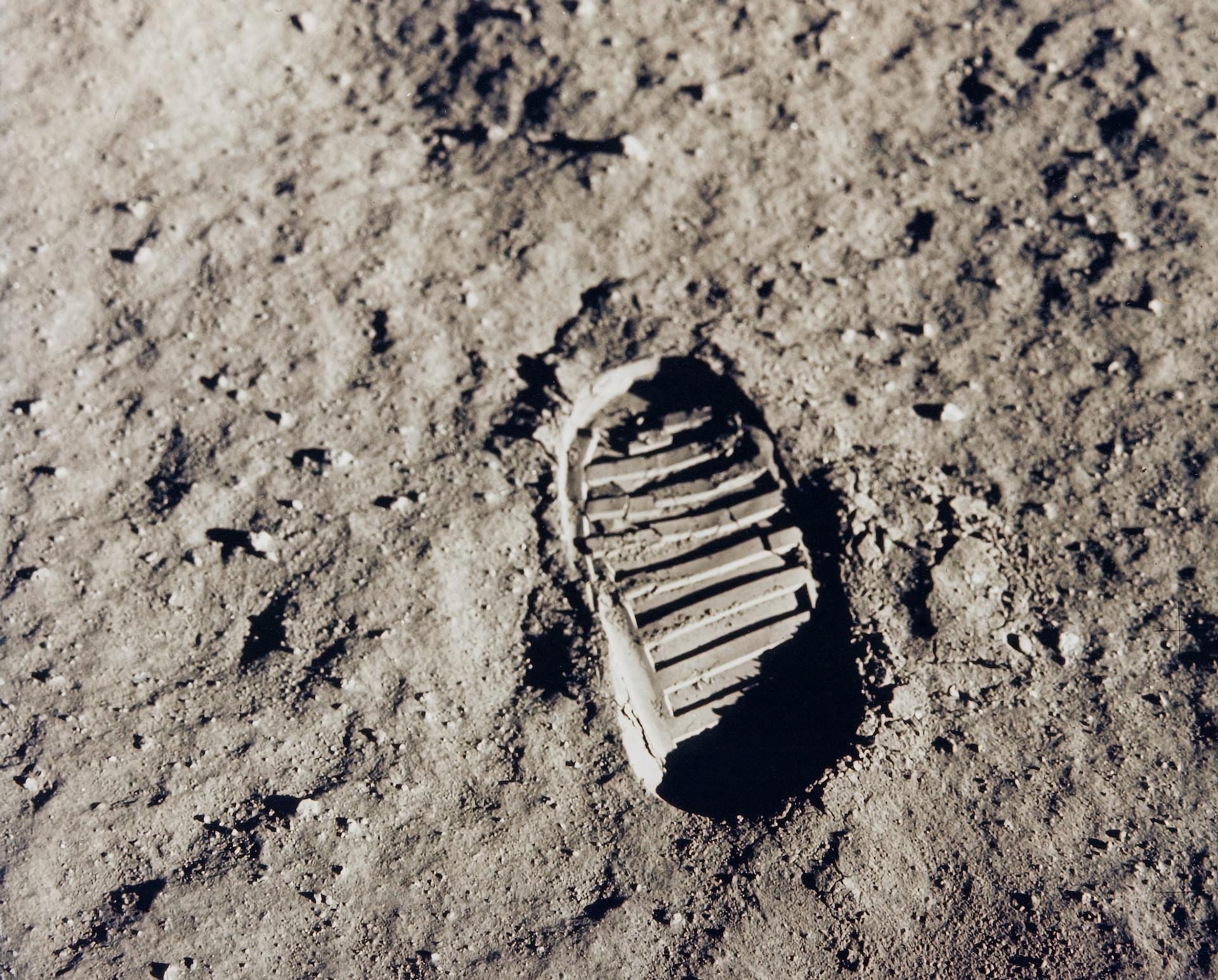Today, one can hardly log into YouTube, tune into the news or read the financial pages without finding something about space travel. SpaceX's rivalry with Blue Origin titillates, even as we poke fun at their various rocket mishaps (and misshapes). But what does all this rocket envy mean?
Last century, the Space Race had geopolitical implications. Advances in physics and computing opened up new vistas for exploration and discovery. For those interested in deepening their understanding of the scientific principles behind these advances, a dedicated maths physics tutor can offer invaluable guidance. And new opportunities for international cooperation. By contrast, today's space initiatives seem less about scientific discovery and more about cornering a new, lucrative market.
Why does space travel command such an outsized share of our attention? How come investors are pouring billions of dollars into ventures that, let's face it, harm our already stressed environment? And how can anyone contemplate spending thousands for a few minutes of suborbital flight when so many have neither food nor shelter? To answer these questions, we need to look at:
- space travel's origins
- space travel's status today
- what the future of space travel might bring
We have to put space travel's promises and flaws in context with happenings in the wider world. Life on Earth faces multiple crises and threats. For some, this is just the time to engage in a bit of extreme travel. Others want to understand how that could be a good idea.

Flying in Space for the First Time
Until 1957, Earth's orbit was free of anything man-made. On October 4th of that year, the Soviet Union launched the first satellite. Sputnik I's three-week existence ignited new realms of scientific possibility. The United States (US) devolved into what history books now term the Sputnik Crisis.
This crisis ushered in a fevered time of research, development and education and spending. The US government funded what eventually became the National Aeronautics and Space Administration (NASA). Soon, all the sharpest minds got to work designing rockets and planning satellite launches.
It seemed that the Russians were always one step ahead. Their Luna II rocket was the first man-made object to touch the moon's surface in 1959. Soviet pilot Yuri Gagarin became the world's first cosmonaut when he rocketed around Earth's orbit in 1961.
Soviet successes left the US floundering. Of the US's 18 early rocket trials, only three found total success. In the end, US President Kennedy decided that nothing short of a moonwalk would do to prove US space supremacy. In 1969, a human set foot on the moon for the first time.

After that, the Space Race went into low gear and space exploration virtually disappeared. The Soviets launched two space stations, Salyut (1971) and Mir (1986). The US began a space shuttle program to launch satellites and the Hubble Telescope. The US ended their space shuttle program in July 2011, after a series of disasters and spiralling costs.
Picking up where Mir left off, the International Space Station (ISS) launched in 1998; multiple governments cooperated on this project. Since the US shuttles' retirement, Russian space vehicles have to ferry astronauts and scientists to and from this outpost.
That seemed to be it for space travel. That is until American entrepreneur Dennis Tito spent a reported 20 million dollars to while away almost eight days aboard the ISS. NASA refused to train Mr Tito, believing that space tourism was an inappropriate use of resources. Russia again stepped into the breach, powering the world's first space tourist aboard the Soyuz TM-32 in 2001.
Dennis Tito's trip broke the dam. By 2009, nine (fit and wealthy) tourists had their time in space, thanks to Space Adventures, Inc. This American space tourism firm got its start in 1998, brokering clients' passage on US Space Shuttle flights. When NASA retired the shuttles, that agency contracted with the Russian space agency for future space activity. That NASA contract assures Space Adventures' continuing operation.
Space Tourism Companies
Space Adventures' promise of a good time relies on access to systems and services designed for space travel. It has no equipment of its own and no access to the technology. By contrast, Blue Origin, SpaceX and Virgin Galactic have invested vast sums of money into their space tourism operation.
Virgin Galactic got its start in 2004. All operations take place in New Mexico but the company's headquarters are in California. Sir Richard Branson founded the company but is not the major shareholder. He planned his ship's maiden voyage for 2010 but met with many setbacks, including the 2014 crash of the VSS Enterprise. This company's sole purpose is space tourism.
Blue Origin 'launched' in September 2000, ostensibly to pick up where NASA left off. This limited liability company (LLC) manufactures spacecraft, rockets and heavy-lift launch vehicles. Their clients are primarily other private space companies. Blue Origin is also a US national defence contractor.
New Shepard is Blue Origin's reusable launch transport designed for space tourism. The crew capsule can house up to six passengers and carries a generous cargo load. Because New Shepard is reusable, it cuts down on costs, making space travel more affordable.

Elon Musk founded SpaceX in 2002, at a time when he could do no wrong. He had a vision of terraforming Mars by first setting up a massive greenhouse on the planet. He sought cooperation with Russia but political tensions between that country and the US ended that collaboration. He then decided to build his own rocket launching firm.
SpaceX builds spacecraft and launches satellites; it also provides satellite communication services. Space tourism is almost an afterthought at SpaceX. Starship - the craft meant for space tourism, is still only in the testing stages. An unmanned prototype exploded four minutes after launch in April 2023, proving SpaceX has a long way to go before selling flight tickets.
Messrs. Musk and Bezos' ongoing and very public spat underscores the trouble with competition in today's space race. Taunting aside, each is scrambling to gain a monopoly on scarce resources to ensure their enterprises' continued operation. That includes spending millions of dollars currying favour with American politicians so that they might land the next big contract.
Why Is Space Travel Important?
Less than 100 years ago, manned space flight was inconceivable, let alone orbiting the Earth for fun and pleasure. We are so privileged to live in a time of possibilities when technology permits even the idea of space travel. It's no wonder that actor William Shatner couldn't stop crying after his voyage aboard Blue Origin in October 2021.
It wasn't his almost-11-minute flight that did him in. It was looking down upon our Earth, so fragile and under constant assault. An assault we humans perpetuate in a thousand ways. His poignant reaction answers "Why is space travel important?".
Trust in science is also under assault. For those keen to further explore the scientific principles behind our universe, consulting a maths physics tutor can provide valuable insights. We can leave aside the pandemic hoax decriers and 5G infection mania, though they and anti-vaxxers matter to this conversation. People who believe the Earth is flat are more pertinent to our topic. Imagine the most vocal proponents refuting their assertions once they had the chance to see our Big Blue Marble for themselves.

In the last segment, you read that Blue Origin picked up where NASA left off. NASA is still a US government agency that focuses on research. NASA was not immune to the waves of privatisation; the agency had to turn space exploration to the private sector. Were it not for these companies, the US would have to depend on other countries' space programs.
Many countries have space programs, but only China government space program matches or surpasses US private-sector capabilities. However, the US Congress introduced a law in 2011 that forbids any cooperation or collaboration with Chinese space programs. That leaves the US with two options: private space companies and Russian collaboration.
What about the UK's space program? The UK Space Gateway in Harwell follows the US's path. It is home to investors and corporate offices with interests in space. The UK space program is an industry, not a government-funded scientific endeavour. It is an executive agency with limited government funding.
American Actress Tallulah Bankhead once said: "I've had a man and I've had a woman, and there's got to be something better.". This quote sums up the ennui that people in developed societies increasingly demonstrate. Ennui results from a lack of activity and excitement. We have comforts and amenities that people even 60 years ago could not have fathomed.
In the Space Race's early days, discovery enthralled humanity. Millions tuned in to watch the moon landing on black-and-white televisions - themselves a feat of technology. Today, with smart devices in every hand, we believe there is no excitement of that magnitude to be had anymore. It's no wonder that some spin tales of the Earth being flat.
The competition for exploration and innovation is good but not if it only serves to grow private companies' bottom lines. Especially not at the rest of the world's expense. There's no harm in private companies earning from space tourism as long as they keep funding public scientific discovery. But there must be limits to how much profit and how much damage private space tourism companies cause.
Summarise with AI:















